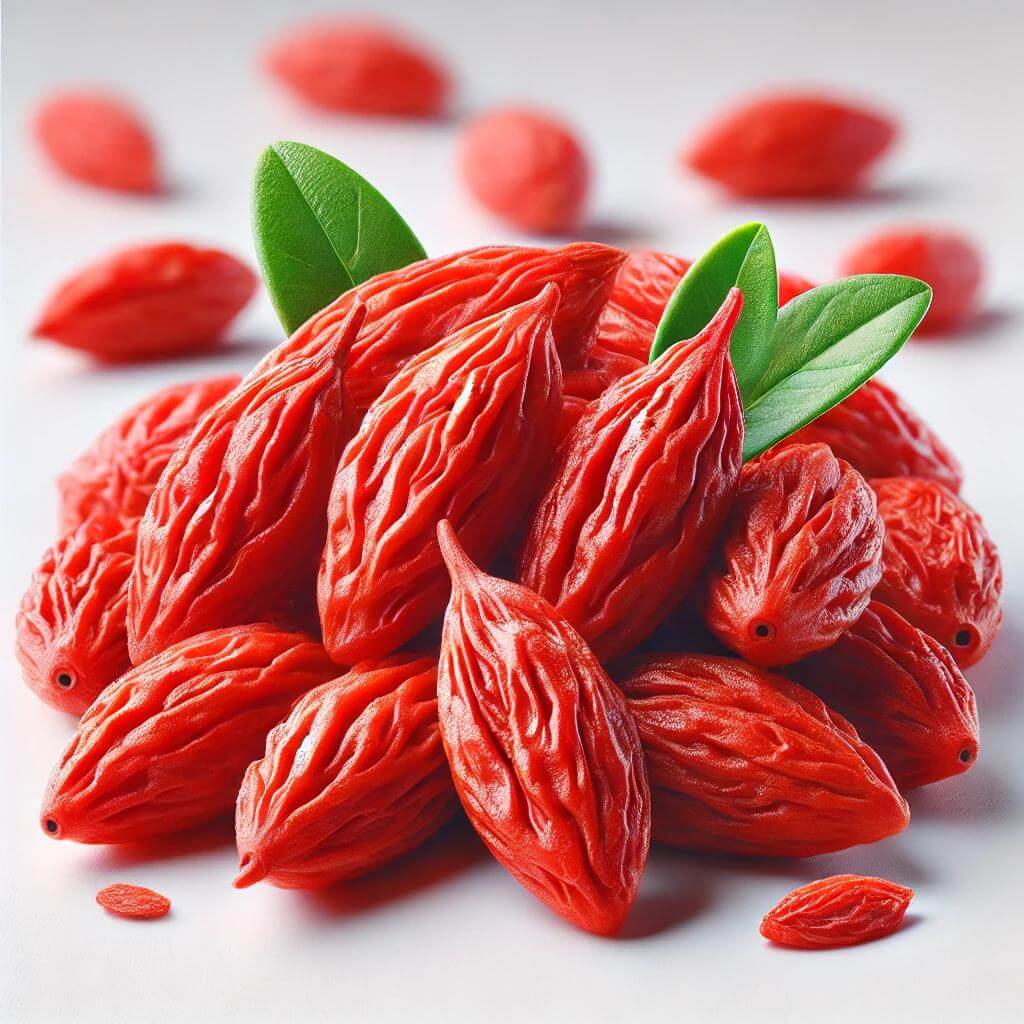Turmeric: The Golden Superfood Transforming Health

Turmeric is a vibrant yellow-orange spice derived from the root of the Curcuma longa plant, native to Southeast Asia. It has been used for thousands of years in traditional medicine and cooking, particularly in Indian and Chinese cultures. Turmeric is most famous for its active compound, curcumin, which has powerful anti-inflammatory and antioxidant properties. In recent years, turmeric has gained popularity worldwide, not just as a flavorful spice but as a superfood with numerous health benefits. This article will explore the health advantages of turmeric, how to incorporate it into your daily diet, potential drawbacks, and its nutritional profile.
Health Benefits of Turmeric
1. Powerful Anti-Inflammatory Properties
One of the most well-known benefits of turmeric is its ability to fight inflammation. Chronic inflammation is linked to numerous health conditions, including heart disease, cancer, and Alzheimer’s disease.
- Curcumin’s Role: Curcumin, the primary bioactive substance in turmeric, is a potent anti-inflammatory agent. It works by inhibiting molecules that cause inflammation, such as NF-kB, a molecule that triggers inflammatory responses at the cellular level.
- Helps with Arthritis: Studies have shown that curcumin can be as effective as some anti-inflammatory drugs in reducing symptoms of arthritis, including joint pain and swelling. Its ability to reduce inflammation makes turmeric a valuable natural remedy for those suffering from chronic inflammatory conditions.
- Reduces Inflammatory Markers: Regular consumption of turmeric can lower levels of inflammatory markers in the blood, reducing the risk of chronic diseases related to inflammation.
2. Potent Antioxidant Effects
Turmeric is rich in antioxidants, which are essential for neutralizing free radicals that cause oxidative stress and damage cells.
- Protects Against Oxidative Stress: Curcumin’s strong antioxidant properties help protect the body from oxidative damage, which is a major contributor to aging and many diseases. By scavenging free radicals, turmeric helps maintain cellular integrity and reduces the risk of chronic conditions.
- Boosts Antioxidant Enzymes: Curcumin not only acts as a direct antioxidant but also boosts the activity of the body’s own antioxidant enzymes, providing a twofold defense against oxidative stress.
- Slows Aging: The antioxidant power of turmeric contributes to its anti-aging benefits by protecting skin cells from damage, improving skin elasticity, and reducing the appearance of wrinkles.
3. Supports Heart Health
Turmeric’s anti-inflammatory and antioxidant properties make it a powerful ally for heart health.
- Improves Endothelial Function: The endothelium is the lining of the blood vessels, and its proper function is crucial for cardiovascular health. Curcumin improves endothelial function, which helps regulate blood pressure, clotting, and other essential processes.
- Reduces Risk of Heart Disease: By reducing inflammation and oxidative stress, turmeric helps lower the risk factors associated with heart disease, such as high cholesterol and high blood pressure.
- Prevents Blood Clots: Curcumin has anticoagulant properties that help prevent the formation of blood clots, reducing the risk of stroke and heart attack.
4. Enhances Brain Function
Turmeric has been shown to have neuroprotective effects, which can enhance brain function and reduce the risk of neurodegenerative diseases.
- Increases BDNF Levels: Curcumin boosts levels of Brain-Derived Neurotrophic Factor (BDNF), a growth hormone that functions in the brain. Low levels of BDNF are linked to depression and Alzheimer’s disease. By increasing BDNF, turmeric may help delay or reverse brain-related conditions and improve memory.
- May Prevent Alzheimer’s Disease: Curcumin crosses the blood-brain barrier and has been shown to reduce the accumulation of amyloid plaques, which are associated with Alzheimer’s disease. Its anti-inflammatory and antioxidant effects further protect brain cells from damage.
- Improves Mood: Some studies suggest that turmeric can improve symptoms of depression. Curcumin’s ability to boost serotonin and dopamine, the neurotransmitters responsible for regulating mood, makes it a natural mood enhancer.
5. Supports Digestive Health
Turmeric has been used traditionally to treat digestive disorders and improve gut health.
- Relieves Symptoms of IBS: The anti-inflammatory properties of turmeric can help alleviate symptoms of Irritable Bowel Syndrome (IBS), including bloating, gas, and abdominal pain. It helps soothe the digestive tract and reduce inflammation in the gut.
- Promotes Healthy Digestion: Turmeric stimulates bile production, which aids in the digestion of fats and improves overall digestion. This makes it particularly beneficial for those with digestive issues or sluggish digestion.
- Prevents Digestive Disorders: Regular consumption of turmeric may help prevent digestive disorders such as ulcers, colitis, and inflammatory bowel disease by protecting the lining of the stomach and intestines.
6. May Help Prevent Cancer
Curcumin’s anti-inflammatory and antioxidant properties contribute to its potential role in cancer prevention.
- Inhibits Cancer Cell Growth: Studies have shown that curcumin can inhibit the growth of various types of cancer cells, including breast, prostate, and colon cancer. It works by disrupting the cell cycle and inducing apoptosis (programmed cell death) in cancer cells.
- Prevents Tumor Development: Curcumin has been found to reduce angiogenesis, the formation of new blood vessels that tumors need to grow. By preventing the development of new blood vessels, curcumin may help starve tumors and slow their growth.
- Protects Against Carcinogens: Turmeric helps detoxify the body by increasing the production of enzymes that neutralize carcinogens, potentially reducing the risk of cancer development.
7. Aids in Weight Management
Turmeric may also play a role in weight management and metabolic health.
- Reduces Inflammation-Related Obesity: Chronic inflammation is linked to obesity and metabolic syndrome. By reducing inflammation, turmeric may help prevent the development of obesity-related health issues.
- Improves Metabolism: Turmeric has been shown to increase metabolic rate, which can help burn calories more efficiently and support weight loss efforts.
- Suppresses Fat Tissue Growth: Some studies suggest that curcumin can inhibit the growth of fat tissue by preventing the formation of new blood vessels in fat tissue.
How to Incorporate Turmeric into Your Daily Diet
Turmeric is a versatile spice that can be easily added to a variety of dishes. Here are some practical ways to incorporate turmeric into your daily diet:
- Golden Milk: One of the most popular ways to consume turmeric is in the form of golden milk, a warm beverage made with turmeric, milk (or a dairy-free alternative), honey, and spices like cinnamon and ginger. This soothing drink is both delicious and packed with health benefits.
- Smoothies: Add a teaspoon of turmeric powder to your morning smoothie for an antioxidant boost. It pairs well with ingredients like banana, mango, and coconut milk.
- Cooking: Turmeric is a staple in many cuisines, especially Indian and Southeast Asian dishes. Use it in curries, soups, stews, and rice dishes to add flavor and health benefits.
- Turmeric Tea: Make turmeric tea by simmering turmeric powder or fresh turmeric root in water. Add lemon and honey for a refreshing, immune-boosting drink.
- Salad Dressings: Mix turmeric with olive oil, lemon juice, and other spices to create a flavorful and healthy salad dressing.
- Baking: Turmeric can be used in baking to add a warm, earthy flavor to bread, muffins, and cakes. It’s also a great addition to homemade granola.
Potential Disadvantages of Turmeric
While turmeric offers numerous health benefits, there are a few potential drawbacks to consider:
- Gastrointestinal Issues: In some individuals, high doses of turmeric may cause gastrointestinal discomfort, including nausea, diarrhea, or bloating. It’s important to start with small amounts and gradually increase intake.
- Interference with Medications: Turmeric has blood-thinning properties and may interfere with medications such as blood thinners (e.g., warfarin), antacids, and diabetes medications. Consult with a healthcare provider before adding turmeric supplements to your regimen if you are on medication.
- Absorption Issues: Curcumin, the active ingredient in turmeric, has low bioavailability, meaning it’s not easily absorbed by the body. Consuming turmeric with black pepper, which contains piperine, can enhance curcumin absorption.
Nutritional Values of Turmeric
| Nutrient | Amount per 100g | % Daily Value |
|---|---|---|
| Calories | 354 kcal | 18% |
| Carbohydrates | 64.9 g | 22% |
| Protein | 7.8 g | 16% |
| Fat | 9.9 g | 15% |
| Dietary Fiber | 21 g | 84% |
| Vitamin C | 25.9 mg | 43% |
| Iron | 41.4 mg | 230% |
| Calcium | 183 mg | 18% |
| Potassium | 2525 mg | 72% |
| Magnesium | 208 mg | 52% |
Conclusion
Turmeric is truly a superfood, offering a wide range of health benefits that make it a valuable addition to any diet. From its powerful anti-inflammatory and antioxidant properties to its ability to support heart health, brain function, digestive health, and even weight management, turmeric stands out as a versatile and potent superfood. Its long history of use in traditional medicine, combined with modern scientific research, confirms its status as a valuable nutritional powerhouse. Whether you enjoy it in a soothing cup of golden milk, a flavorful curry, or a refreshing smoothie, turmeric is an easy and delicious way to enhance your overall health.
However, it’s important to be mindful of the potential drawbacks, especially if you are on medication or have digestive sensitivities. By incorporating turmeric into your diet thoughtfully and in moderation, you can reap the many benefits of this golden spice while minimizing any risks.
*Disclaimer: The information provided in this article is for educational and informational purposes only and should not be construed as health advice. The content is solely the personal opinion of the author and is not intended to be a substitute for professional medical advice, diagnosis, or treatment. Always seek the advice of your physician or other qualified health provider with any questions you may have regarding a medical condition or before starting any new diet or treatment. Read more



Post Comment